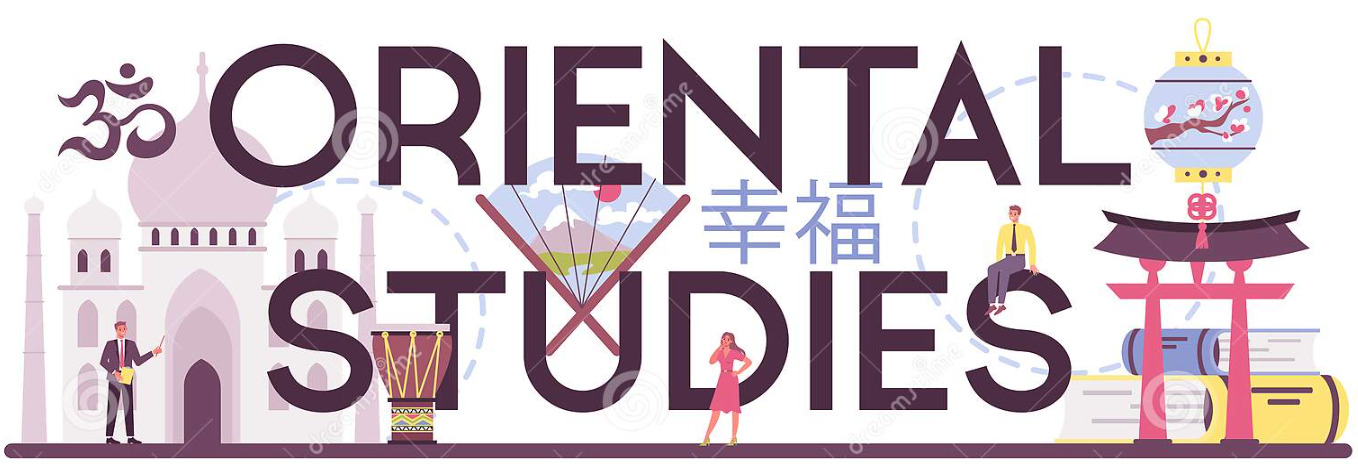A new concept of oriental studies in universities will be developed by the Institute of Asian and African Studies (Moscow) by the next academic year. The concept and its implementation at Moscow City University was explained by Vladlena Fedyanina, candidate of historical sciences and head of the Japanese language department at MCU.
“We are constantly improving our programs, the annual changes are primarily aimed at being relevant today.
The concept of changing the training of orientalists is, of course, related to the changing situation in the world. It is not only about this year’s events. In this way, the international community demonstrates the importance of the countries which we conditionally classify as the Orient. I say conditionally, because it is more cultural than geographical.
Changes in the training of Orientalists have already begun to occur. They are, so to speak, felt at the state level. Therefore, a new standard of Oriental studies has appeared in the Federal State Educational Standard – 58.03.01 “Oriental and African Studies”. A new bachelor’s degree program according to this standard has already been created at the department of MCU.
Earlier we trained specialists in the language and literature of Japan and China, but now the name of the training profile sounds like this: “Eastern civilization: history, culture, communication”. That is, our graduates will be able to study Eastern civilizations, in our case the Far Eastern ones – China and Japan – through the prism of these three components,” says Vladlena Fedyanina.
The Oriental Studies department at Moscow City University is traditionally one of the most sought-after. The flow of applicants does not dry up both for state-funded basis and a paid one; on the contrary, it increases every year. There is a very serious competition among applicants to the Chinese language department.
“Over time, the demand will increase,” says the head of the Japanese language department at MCU. – “The need for specialists able to establish a dialogue with Eastern countries will only grow because of Russia’s turning east.
Karina Faizullina, with a master’s degree in Media Communications and International Relations from Moscow State University, is a journalist with a keen interest in science and education





